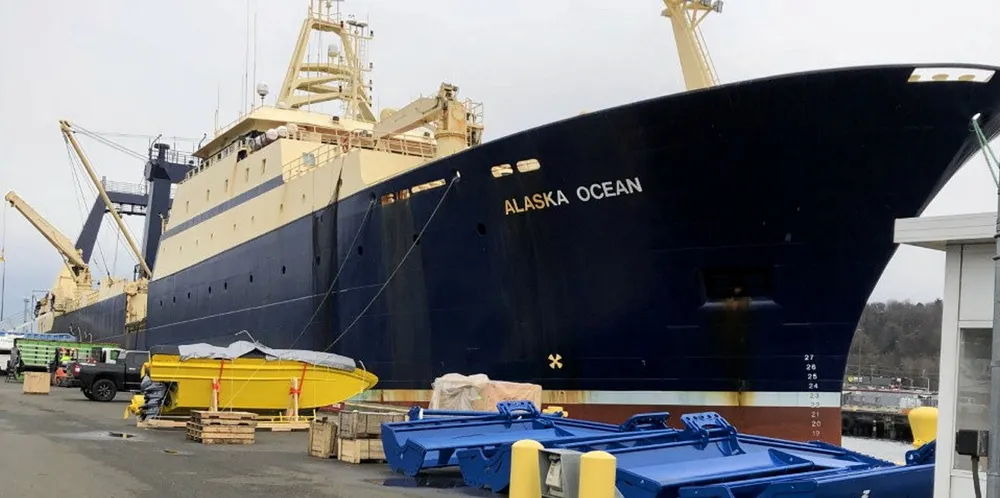Alaska community development group acquires controlling stake in pollock supplier Glacier Fish
Nippon Suisan and the Johnson family will remain minority owners in Glacier following the transaction.

Nippon Suisan and the Johnson family will remain minority owners in Glacier following the transaction.
